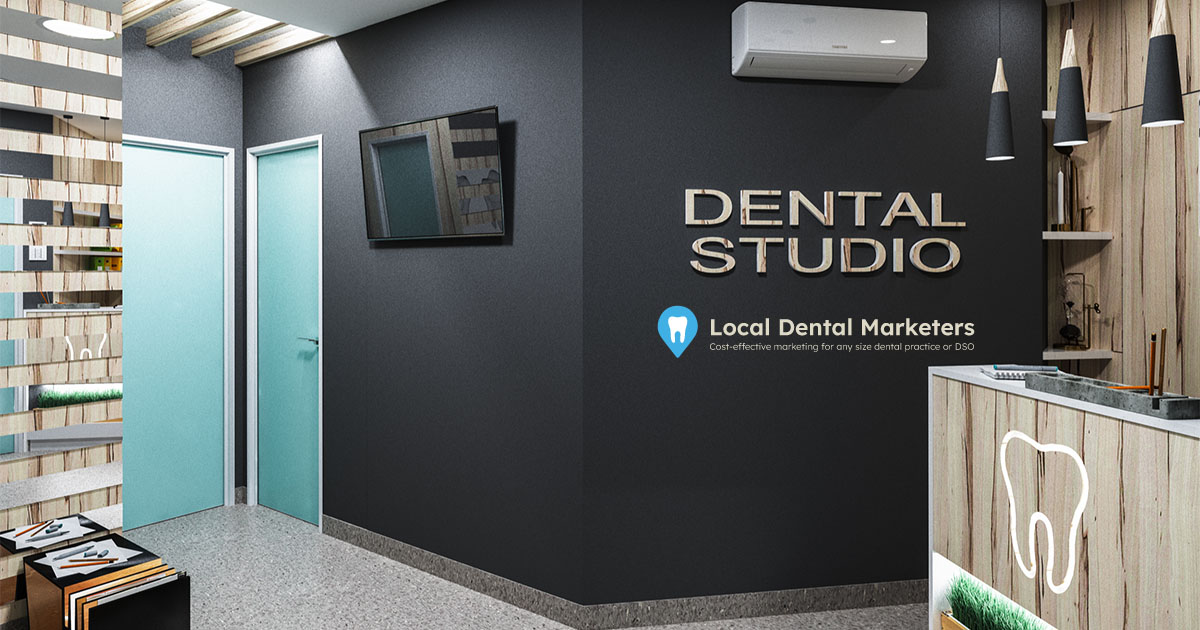Starting a dental practice involves many steps and it requires careful planning and preparation. Here are some of the essential components of the startup stage:
Top 10 Startup Steps for a new Dental Practice
1. Business Plan
You’ll need to create a detailed business plan that outlines your goals, the strategies you’ll use to achieve them, your target market, and financial forecasts. This plan will be critical if you need to secure funding.
2. Location
Finding the right location is crucial. You need to consider factors like accessibility, visibility, population density, and competition in the area.
3. Financial Planning
Startup costs for a dental practice can be significant, including costs for equipment, leasing or purchasing a location, renovation, staff salaries, and insurance. You’ll need a solid financial plan and possibly a loan to cover these costs.
4. Equipment and Supplies
You will need to purchase or lease dental equipment, such as dental chairs, X-ray machines, autoclaves, etc. You’ll also need to stock up on dental supplies like gloves, masks, dental instruments, and more.
5. Staffing
Hiring qualified, friendly staff is crucial. This may include dental assistants, dental hygienists, front office staff, and possibly other dentists if you plan to run a group practice.
6. Legal Requirements
You’ll need to set up your dental practice as a legal entity, obtain necessary licenses and permits, and ensure compliance with health and safety regulations.
7. Insurance
You’ll need to secure various types of insurance, including liability insurance, workers’ compensation insurance, and property insurance.
8. Software and IT
You’ll need to set up practice management software to handle appointments, billing, electronic health records (EHRs), and other administrative tasks. You’ll also need reliable IT systems.
9. Marketing
You’ll need a marketing plan to attract patients. This might include setting up a professional website, online and offline advertising, social media marketing, and more.
10. Professional Network
It’s important to build relationships with other health care professionals in your area for referrals and to keep up-to-date with the latest in dental care.
Remember, opening a dental practice is not just about practicing dentistry; it’s also about running a business. It can be helpful to seek advice from business consultants, financial advisors, and other professionals to guide you through the process. It might also be beneficial to gain experience working in another practice before starting your own.





